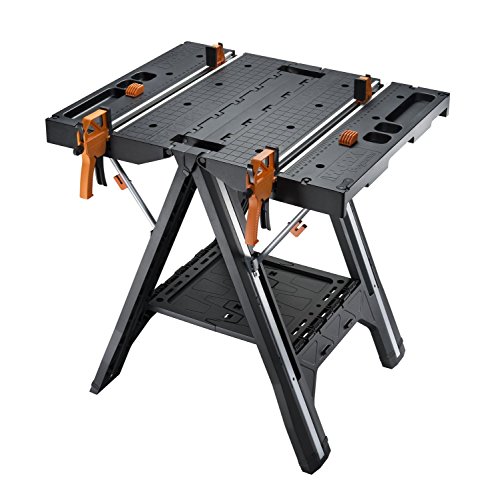Wear appropriate safety gear
When working on a workbench, it is important to wear the appropriate safety gear to protect yourself from potential hazards. This includes wearing safety glasses to protect your eyes from flying debris, gloves to protect your hands from sharp objects or chemicals, and ear protection if you are working with loud tools or machinery.
Keep the work area clean and organized
Keeping the work area clean and organized is essential for maintaining workbench safety. A cluttered workbench can increase the risk of accidents and injuries. Make sure to remove any unnecessary tools or materials from the workbench. Use tool storage containers or drawers to keep your tools organized and easily accessible. Sweep the work area regularly to remove any dust, debris, or spills that may pose a safety hazard.
Use tools and equipment properly
Using tools and equipment properly is crucial for workbench safety. Make sure to read and follow the manufacturer’s instructions for each tool or equipment you are using. Use the appropriate tool for each task and avoid using tools or equipment that are damaged or malfunctioning. Always use tools and equipment with caution and avoid any reckless behavior that could lead to accidents or injuries.
Practice proper ergonomics
Ergonomics is the science of designing and arranging physical objects to maximize productivity and reduce the risk of injury. When working on a workbench, it is important to practice proper ergonomics to prevent strain or injury. Make sure to adjust the height of the workbench and the positioning of tools and materials to suit your body size and requirements. Take regular breaks to rest and stretch your muscles, especially if you are working for extended periods of time. Avoid any awkward or uncomfortable positions that could lead to strain or injury.
Be aware of electrical safety
If you are using electrical tools or equipment on a workbench, it is crucial to be aware of electrical safety practices. Make sure to use tools and equipment that are properly grounded and in good working condition. Avoid using damaged cords or plugs, and never overload electrical circuits. Keep water away from electrical outlets or equipment to prevent electrical shocks. If you are unsure about the electrical safety of a tool or equipment, consult a professional or qualified electrician.






